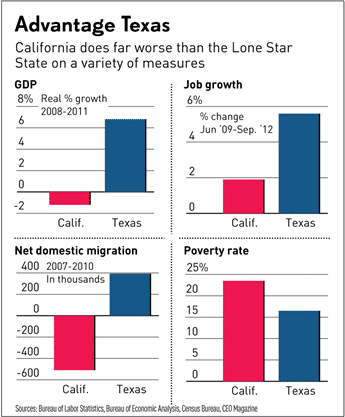This is a wonderful piece on poverty. It's well written and most illuminating in a couple of places as to why it is that societies that depend upon competition and growth for their wealth also need to have a social conscience or they will sow the roots of their own rot:
http://www.bbc.co.uk/news/magazine-20517171
I feel that this is another aspect of the 'problem with democracy' discourse that TG brought up in his Bread and Circuses thread - http://www.martialtalk.com/forum/showthread.php/106455-‘Bread-and-Circuses’.
The core system of democratic politics and capitalist economics is a good one but it has shown itself to be a two-edged sword if it is not carefully watched and handled.
http://www.bbc.co.uk/news/magazine-20517171
I feel that this is another aspect of the 'problem with democracy' discourse that TG brought up in his Bread and Circuses thread - http://www.martialtalk.com/forum/showthread.php/106455-‘Bread-and-Circuses’.
The core system of democratic politics and capitalist economics is a good one but it has shown itself to be a two-edged sword if it is not carefully watched and handled.

